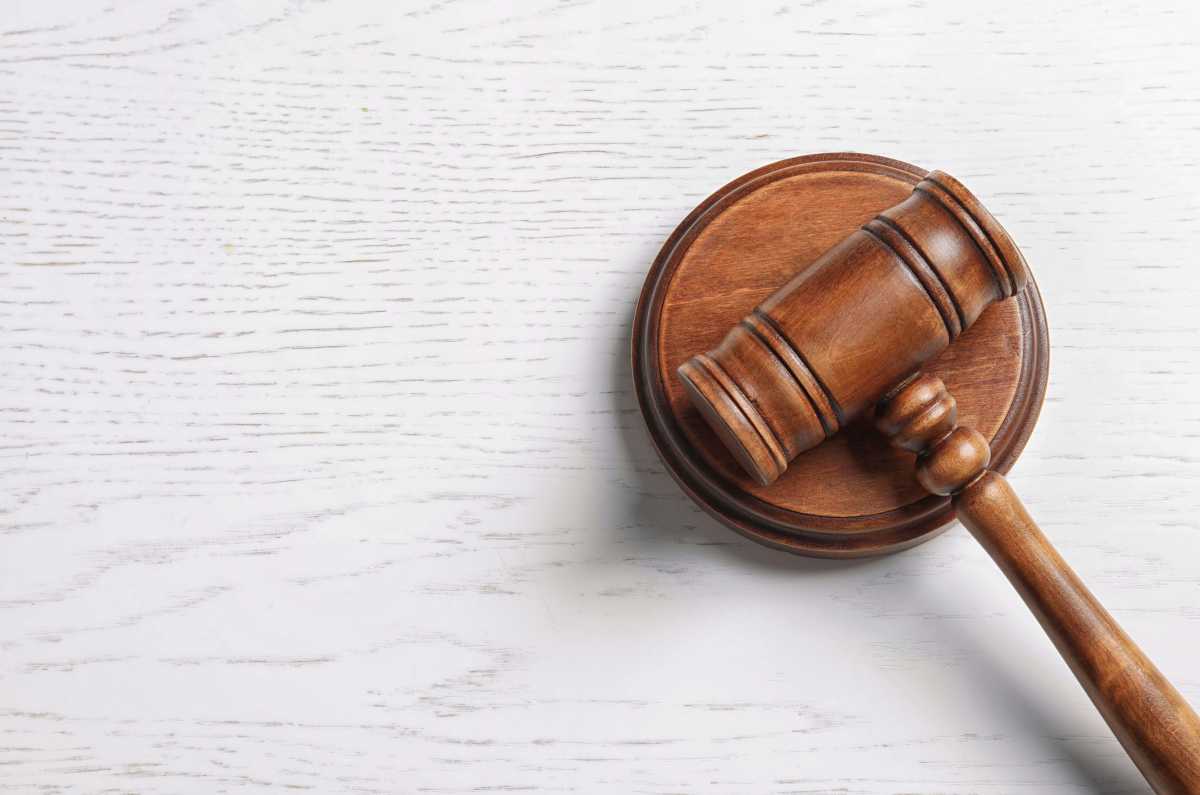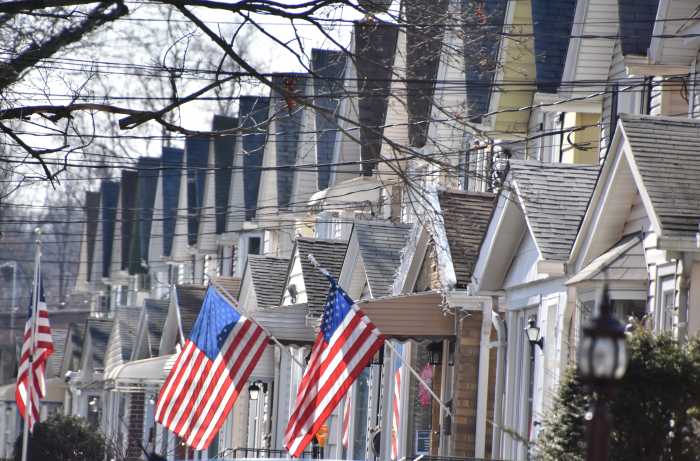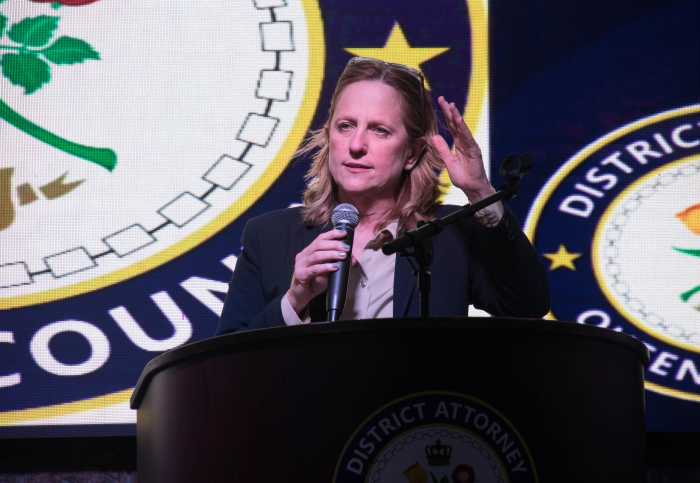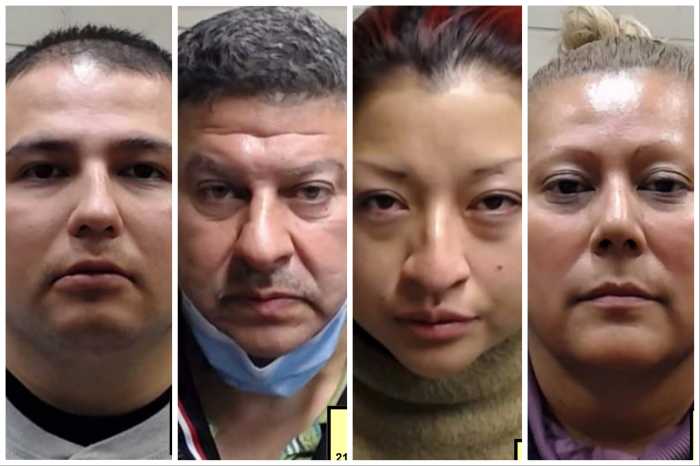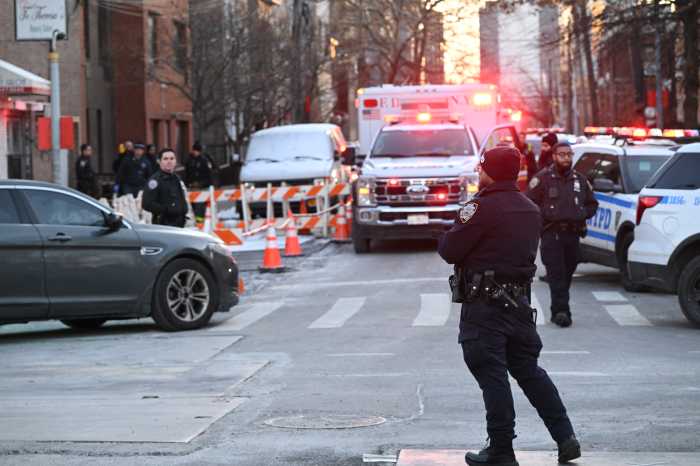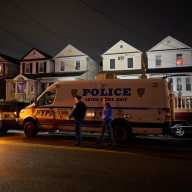The New York Court System announced residential eviction cases won’t be carried out until Oct. 1.
The State’s Office of Court Administration sent a memorandum detailing housing court proceedings, effective Aug. 13. While housing courts in Brooklyn reopened at the end of July, housing courts in Queens are set to reopen on Sept. 8.
The new court proceedings declare evictions for residential and commercial tenants filed on or after March 17 continue to be suspended, per Gov. Andrew Cuomo’s executive orders.
Residential evictions cases filed before March 17 — including cases where a warrant of evictions has been issued but not executed — must be conferenced with a judge before any further action is taken.
Commercial evictions, however, may proceed without a conference, according to the courts’ memorandum. A stay of commencement and enforcement for certain commercial tenants — those who can prove they’re facing “financial hardship” due to the pandemic — is in affect until Aug. 19, per Cuomo’s previous extension of the eviction moratorium.
Residential and commercial eviction cases filed before March 17, however, may resume.
Cuomo extended the eviction moratorium until Aug. 31, with another executive order last week.
Before the city shut down due to COVID-19 in March, there were about 200,000 housing court cases pending, including 14,000 pertaining to renters, according to housing advocates.
In June, housing attorneys sent a letter to NY Courts Chief Administrative Judge Lawrence K. Marks, predicting up to 50,000 new eviction cases may be filed once courts reopen with “most for nonpayment of rent.”
The memorandum states eviction proceedings should be conducted remotely “whenever the court deems it appropriate for the health, safety and convenience of participants.”
Housing attorneys who are members of organizations representing low-income New Yorkers in the city’s civil courts, including the Legal Aid Society, urged for courts to not reopen for in-person proceedings until a “thorough safety plan” was established, informed by “health experts, legal advocates, and other key stakeholders.”
They also wrote that “no New Yorker should be evicted” during this pandemic.
“Ironically, in the current climate, with unemployment at record levels and with many unable to pay rent for Covid-related reasons, neither housing court judges nor our lawyers will be able to resolve many of these disputes, resulting in evictions, displacement, homelessness, senseless exposure to infection, and more difficulty in containing Covid-19,” the letter reads. “In addition, new filings will mean more people flooding the courthouses across the City, violating the new norms for social distancing, isolation, and quarantines. These outcomes, and the prospect of eviction of thousands of individuals and families, do not represent the ideals of a fair and just court system.”
For months, human rights groups, tenants associations as well as elected officials across the city have rallied for rent to be canceled to prevent mass evictions.
Senator Michael Gianaris is still pushing his legislation to cancel rent for some commercial and residential tenants as well as providing assistance for some New Yorkers with mortgages.
The most recent legislation passed to address some rent payment concerns was Senator Brian Kavanagh’s Emergency Rent Relief Act of 2020, but some New Yorkers most in need of the assistance have run into issues accessing the relief.
Following the courts new evictions proceeding announcement, Kavanagh, who serves as the chair for the Senate’s Committee on Housing, Construction and Community Development, said the decision is a “welcome response.”
“Since March, I have joined many New Yorkers in advocating for the courts — and for all parties — to acknowledge the simple truth that residential evictions are not safe or appropriate in the midst of this pandemic,” he said. “COVID-19 has made it more important than ever that people have a secure place to live and that they do not endure the wrenching process of being displaced from their homes.”

